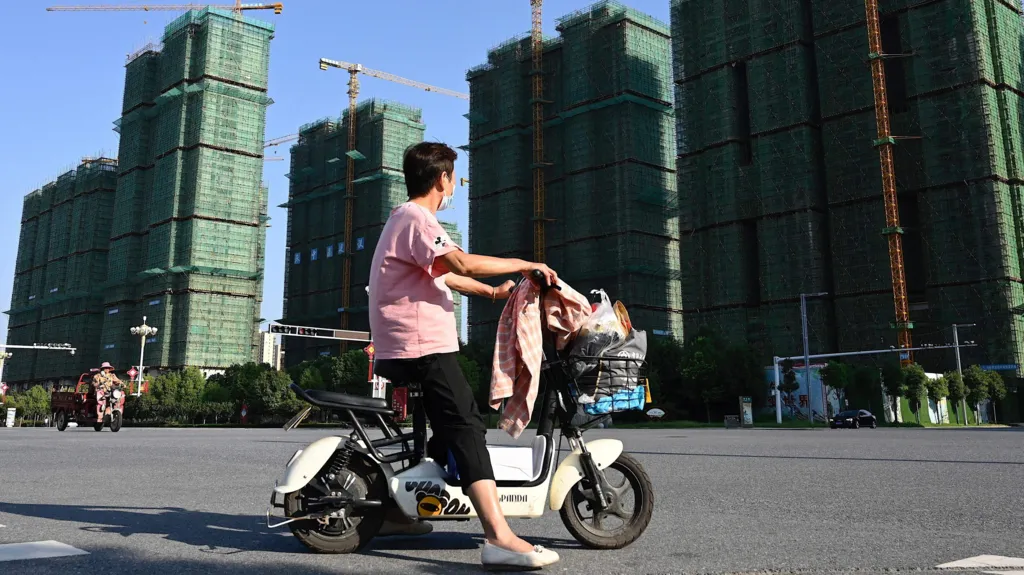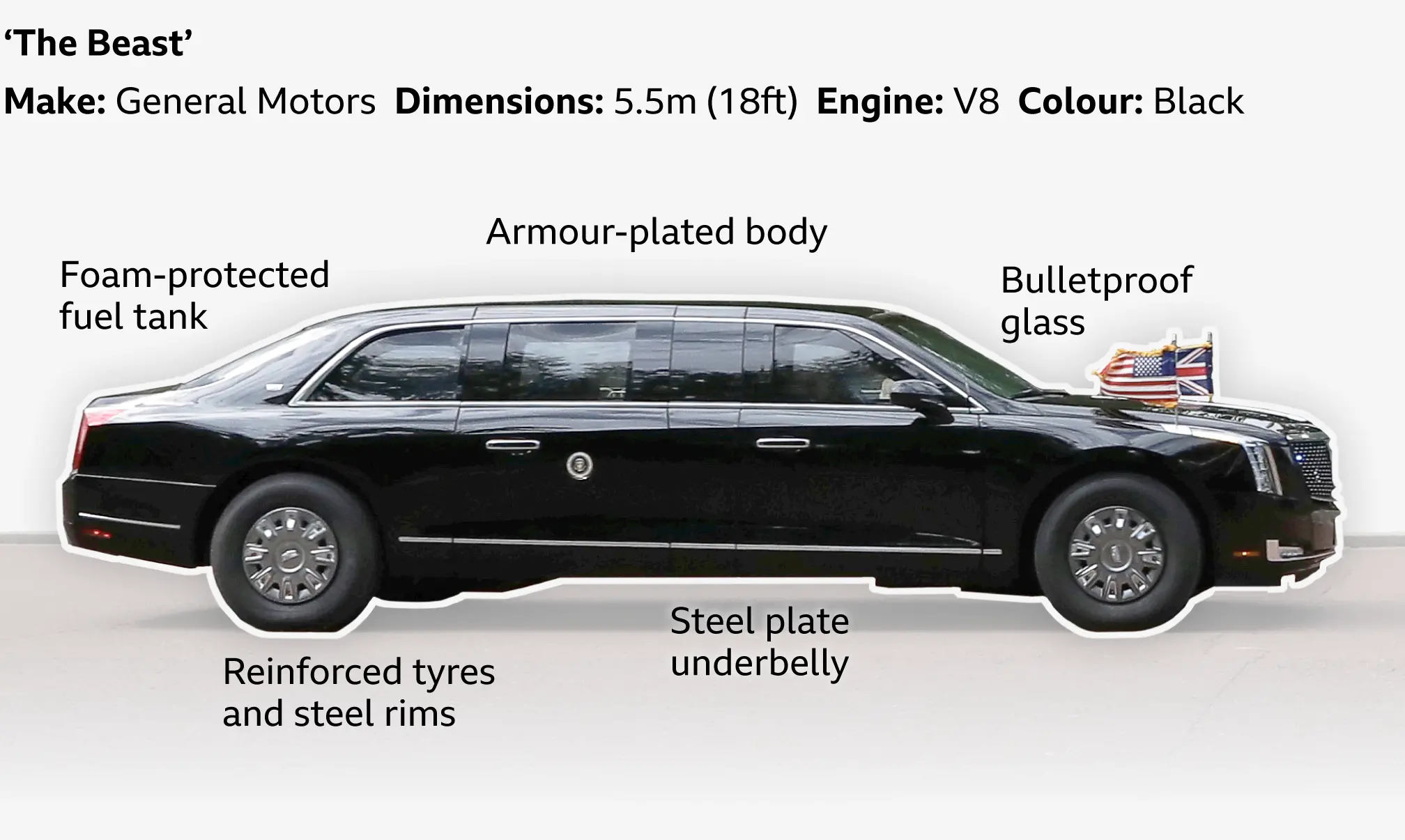
Chinese real estate giant Evergrande Group will be officially delisted from the Hong Kong Stock Exchange on Monday, closing a turbulent chapter for what was once China’s largest and most influential property developer. minotaur fight store | minotaurfightstore
The company, which at its peak was valued at over $50 billion, became the face of China’s real estate boom before imploding under the weight of more than $300 billion in debt, the largest burden carried by any property developer in the world.
Analysts say the delisting marks a symbolic but decisive end for the troubled firm.
“Once delisted, there is no coming back,” said Dan Wang, China director at Eurasia Group.
From meteoric rise to stunning fall
Founded by billionaire Hui Ka Yan, Evergrande grew rapidly during China’s property boom, with more than 1,300 projects across 280 cities. The company expanded far beyond real estate, investing in electric vehicles, theme parks, and even owning Guangzhou FC, once China’s most successful football club.
In 2017, Hui was celebrated as Asia’s richest man, with a fortune of about $45 billion. Today, his wealth has plunged to below $1 billion, and in March 2024, he was fined $6.5 million and permanently banned from China’s capital markets for inflating Evergrande’s revenues by $78 billion. Liquidators are now examining whether his personal assets can be used to repay creditors.
Evergrande’s downfall began after Beijing introduced new borrowing restrictions in 2020, aimed at cooling the overheated property market. Struggling to refinance, the company defaulted on several overseas debts. In January 2024, a Hong Kong court ordered Evergrande to be liquidated after it failed to present a viable restructuring plan.
Since then, its shares have been suspended, wiping out nearly all of its market value.
Impact on China’s economy
The collapse of Evergrande has rippled across China’s economy. The property sector once made up nearly one-third of China’s GDP and was a key source of government revenue. Now, falling housing prices — down at least 30% in some regions — have eroded household wealth and dampened consumer spending.
“The property slump has been the biggest drag on the economy, and the ultimate reason why consumption is suppressed,” Wang noted.
The crisis has also led to widespread job losses among construction workers and property staff, while those still employed have seen significant pay cuts.
A sector in crisis
Evergrande is not alone. Earlier this month, China South City Holdings was ordered into liquidation, and rival Country Garden, another giant in the sector, continues to fight to restructure more than $14 billion in foreign debt.
Experts warn the property downturn is far from over. Goldman Sachs recently projected Chinese housing prices will keep falling until 2027.
While Beijing has rolled out measures to stabilize the housing market, including support for first-time buyers and stimulus for consumer spending, the government has resisted bailing out developers directly. Instead, President Xi Jinping has shifted focus toward high-tech industries such as renewable energy, robotics, and electric vehicles.
“China is in a deep transition to a new age of development,” Wang said. “Evergrande’s collapse marks the end of an era where property was the main engine of growth.”
The next liquidation hearing for Evergrande is scheduled for September, but experts say the outcome is all but certain: creditors will recover only a fraction of what they are owed, while China’s property sector continues its painful reset.






